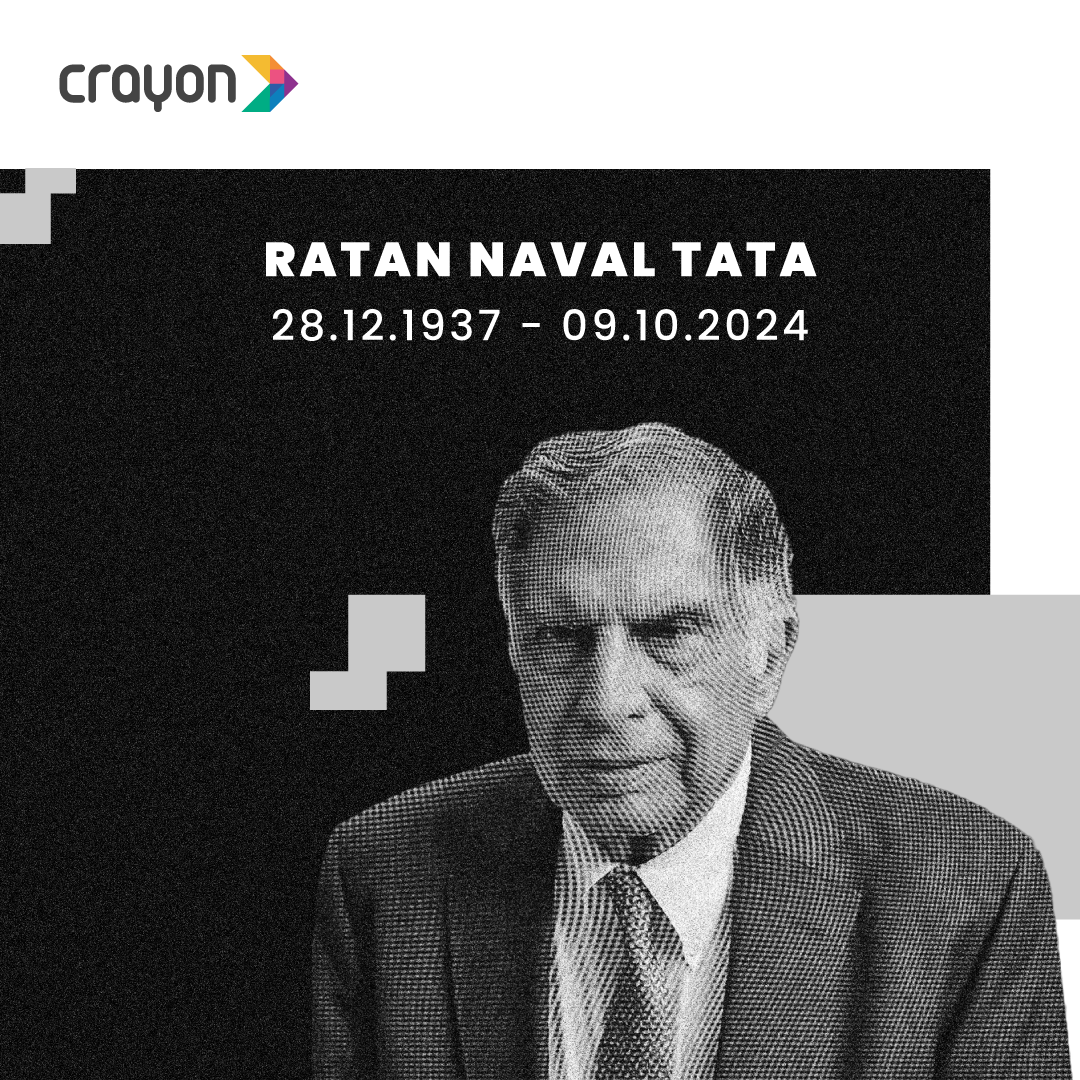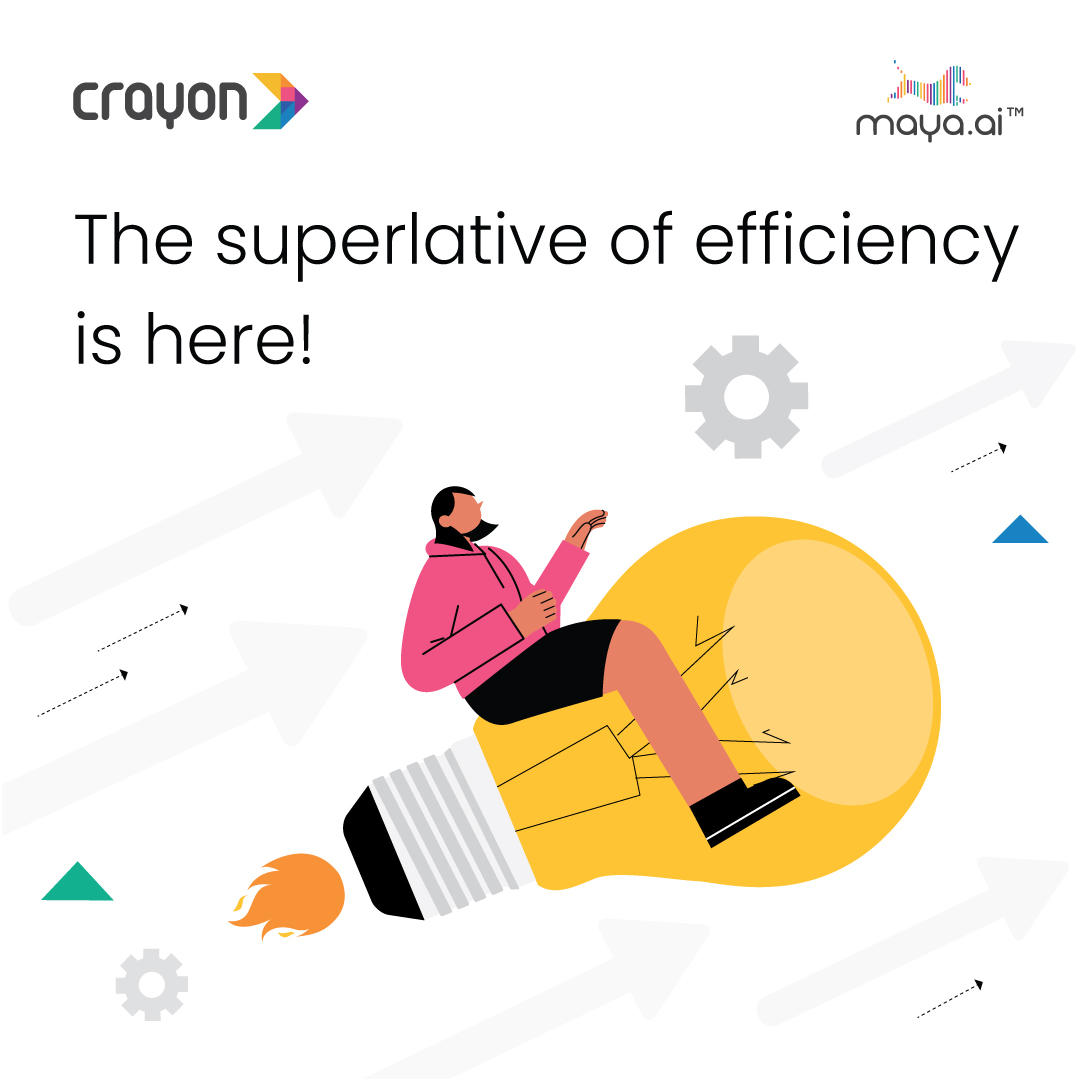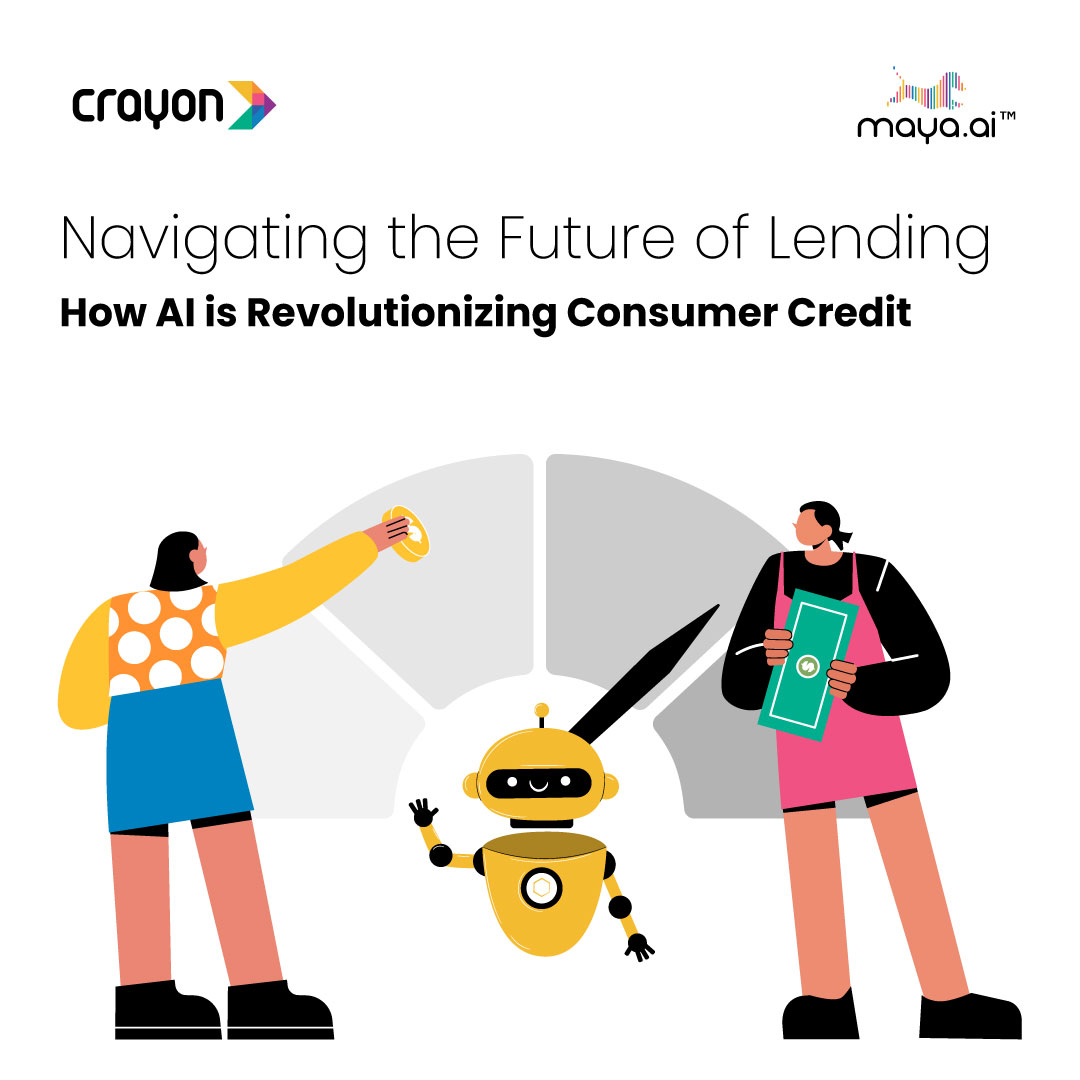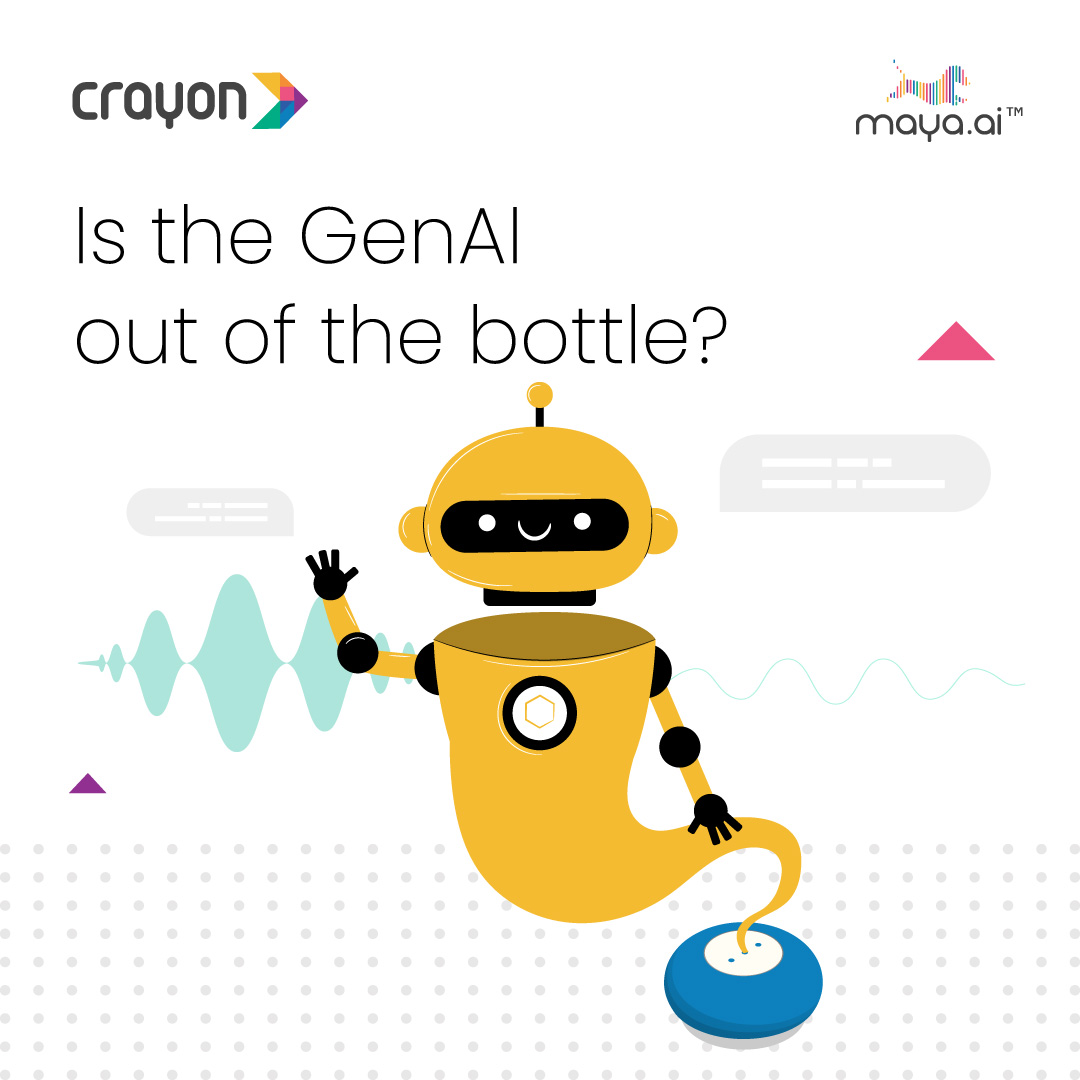In 2001, I wrote a book called Making It Personal that predicted a growing tension between privacy and personalization. To illustrate potential developments, I included a number of fictionalized but plausible scenarios, including this one. Here’s my question: could this scenario happen today?
Jane knew she had dead wood in her group, but she had difficulty separating her personal biases from objective decisions about individual performance. Tonight, she was working late to see if she could gather more information about a few subordinates whom she considered borderline.
Tom Dougherty was one of the toughest calls. He had twice been warned that his work was subpar, although Jane had heard recently that Tom was turning things around. But Jane didn’t like the man. He had a tendency to be a wise guy, grew up in one of those affluent Boston suburbs, and just never developed the work ethic the firm needed. Besides, he probably had enough family money to keep him living in style without a job. Being laid off could make his day, for all Jane knew.
Jane decided to review the transcripts of recent meetings to see what Tom had contributed. Over the past six months, every important internal meeting had been recorded, digitized, and stored in a searchable database. She could choose many ways to search, but instead of searching by Tom’s first and last name, Jane decided to look at several critical meetings she knew Tom had attended.




